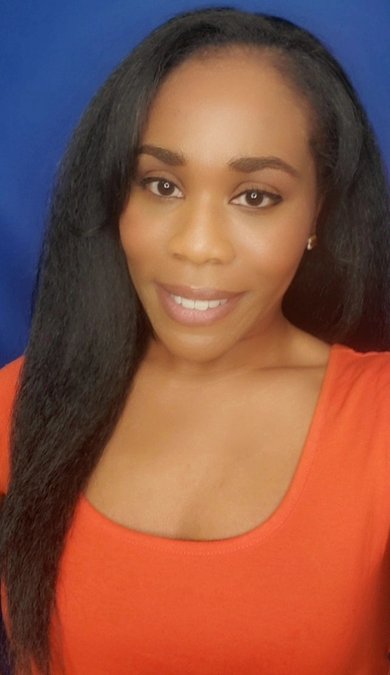COVINGTON, Ga. — Superior Court Judge Cheveda McCamy is hoping her work in the Newton Mentoring Program helps give some young people the tools to safely navigate personal challenges before they show up before her in criminal cases.
And Samorya Evans, a federal food scientist and budding actress, hopes her work with the mentoring program helps some young people navigate their ways through school to a brighter future and career.
Both are participants in a program that is a nonprofit founded and developed in 2008 by the late Superior Court Judge Horace Johnson Jr.
It is designed to help provide some support for public school students in grades kindergarten through 12, said program coordinator Ruth Banks.
Newton Mentoring Program Inc. places an adult volunteer with a mentee after the adult passes a criminal background check and undergoes training, Banks said.
It requires mentors to meet with a mentee at a public school, Banks said.
“(New) mentors will learn strategies that will help them address the needs of their mentees in personal as well as academic areas,” she said.
“The mentees will learn good character traits and values by having a one-on-one relationship with an adult, non-academic, non-parental person who is interested in their development.”
She said the program has six volunteer mentors and annually recruits and provides training for adults from all walks of life — from retired educators to business professionals and college students.
“Mentors take on the responsibility for, and commit to, having a positive impact on the critical development needs of Newton County school-aged children,” Banks said.
The program’s mission is to “build and strengthen the character and competence of children and youth” to help build their leadership abilities that could lead them to succeed during their school years and beyond, Banks said.
It allows mentors to use an evidence-based approach to helping students — using evidence of what does and does not work.
“Research shows that an evidence-based mentoring program is a primary tool to give youth the skills necessary for school and life success,” Banks said.
McCamy mentors a freshman student at Newton High School.
She said she volunteers her time because she “thought it was important to give back” despite a schedule that includes presiding over criminal and civil court cases and two accountability court programs.
McCamy travels weekly to Newton High School to meet her ninth-grade mentee.
The judge was class president at Social Circle High School before earning degrees from UGA and Mercer University Law School. She said her work as a mentor puts her in position to convince a young person to “stay on the right path.”
Ninth-graders are “at that pivotal point” where they make decisions that could affect them the rest of their lives, she said.
If someone “had taken some time” to mentor other young people they may have convinced them to avoid making bad choices at ages 17 or 18 that led to them being “in and out of the system” most of their lives, McCamy said.
“One is too many, if you ask me,” she said.
McCamy also said mentoring someone one-on-one was a new experience for her. She said she had mentored groups of law students and others in her previous role as a chief assistant district attorney in Henry County before Gov. Brian Kemp appointed her to a Newton County Superior Court judgeship left vacant by Johnson’s death in July 2020.
She said it may not have “dawned” on her mentee that her mentor decides cases involving serious crimes or bitter divorces.
McCamy also said she wanted to mentor an older student because it would better suit her personality.
“I tend to be kind of direct,” McCamy said.
Evans mentors two students in widely different age groups — an Eastside High School student and a Flint Hill Elementary School third-grader with which she recently began working.
The Waynesboro native’s career as a U.S. Department of Agriculture commodity grader and Farm Service Agency administrator took her throughout the country before she returned to Georgia and settled in Newton County.
She is now pursuing acting as a second career but also continues to seek fellowships and remain active in the food science industry.
Evans’ experience growing up showed her “it takes a village” — such as church leaders and coaches — to help young people remain on paths that will lead them to success in life and career.
Those early influences led her to become an honors graduate of Fort Valley State University where she earned degrees in Food & Nutritional Sciences and Animal Sciences.
Evans said she knows there are few Black women working in the field of food and animal science. She said she hopes to be an example of someone who pursued a career path that interested her and achieved it by maintaining “good character,” working hard and getting educated.
She said she knows events of recent years — the pandemic, a changing economy, the rise of social media — have resulted in young people “hurting emotionally.”
Evans said she also knows young people often will turn to someone they trust rather than their parents for guidance.
She said she tries to help her mentees face a range of challenges — from dealing with personal problems to developing homework strategies.
Evans said she works to encourage her 11th-grade mentee to pursue higher learning and apply for scholarships.
“I tell her I’m proud of her,” she said.







